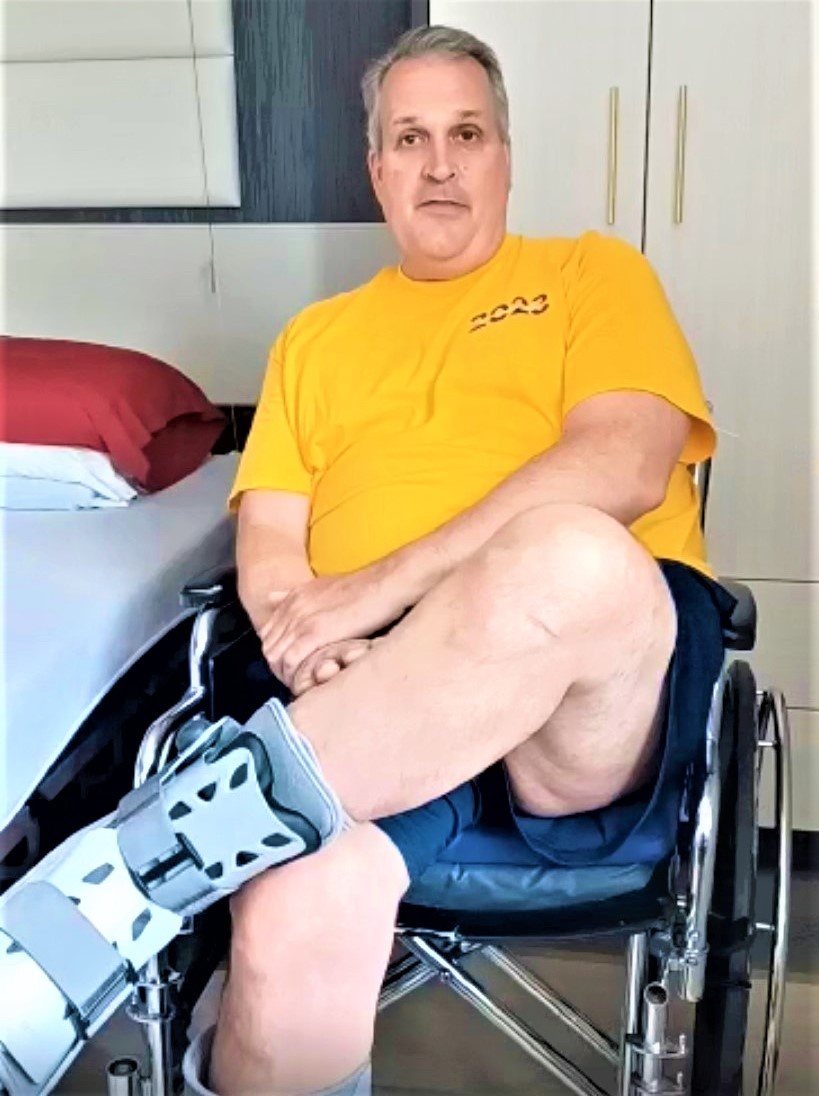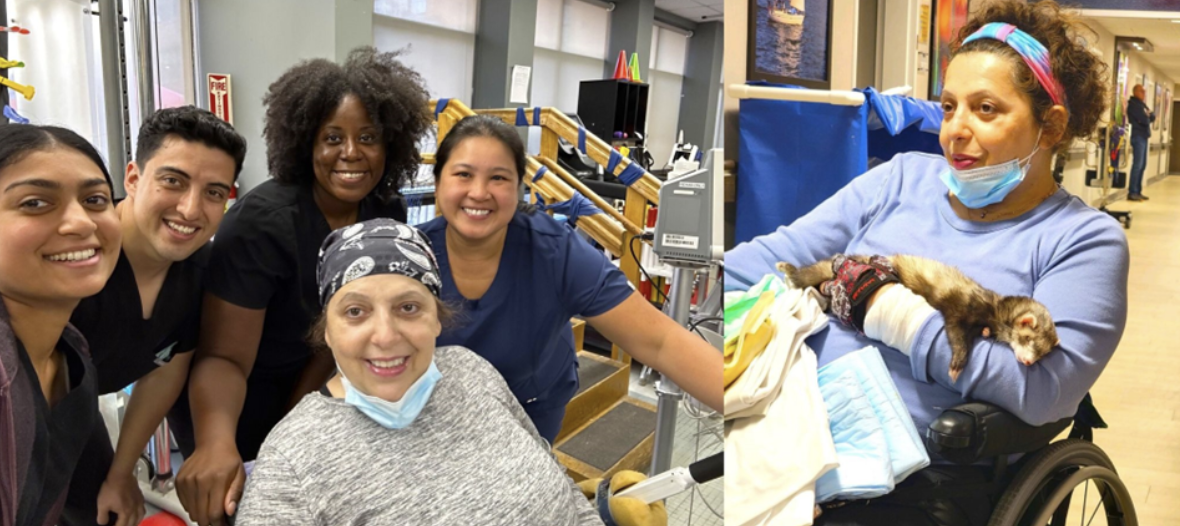Posted on September 17, 2019
Luxor Nursing and Rehab at Mills Pond on the Importance of Your Health Literacy
Health literacy is defined by the U.S. National Library of Medicine as the ability to recognize and comprehend “basic health information” in order to make safe decisions for either yourself or a partner.
The National Assessment of Adult Literacy states that only 12 percent of adults have proficient health literacy.
With that in mind, Luxor Nursing and Rehab at Mills Pond would like to share tips from American Nurse Today, the official journal of the American Nurses Association, on how you can improve your health literacy, as well as how nurses and other healthcare practitioners can help their patients better understand.
Know the Warning Signs
Experts say that there are plenty of warning signs to tell if someone struggles with health literacy. They include:
- Asking healthcare professionals to read instructions for them.
- Double-checking doctors’ instructions with family members.
- Not knowing names of the medications they’re taking.
- Missing appointments.
- Not following up with labs or other tests.
How Can Healthcare Practitioners Help Patients Better Understand?
The article suggests that nurses and doctors be perceptive by looking for the warning signs above. If they sense a patient is having trouble understanding what they are saying or prescribing, they suggest reassuring the patient by reinforcing the information in a conversational manner – one that doesn’t cause embarrassment or additional anxiety. Many times, the patient will feel bad for not understanding, so they act like they do.
It’s encouraged that the nurse or doctor use open-ended questions like “Why are you taking this pill?” in order for the patient to get a better understanding of the medication and the reason it’s being used. Many offices also give a printed-out summary of a person’s visit in order to better understand what took place at the appointment, the medications that should be taken, and any follow-up steps.



